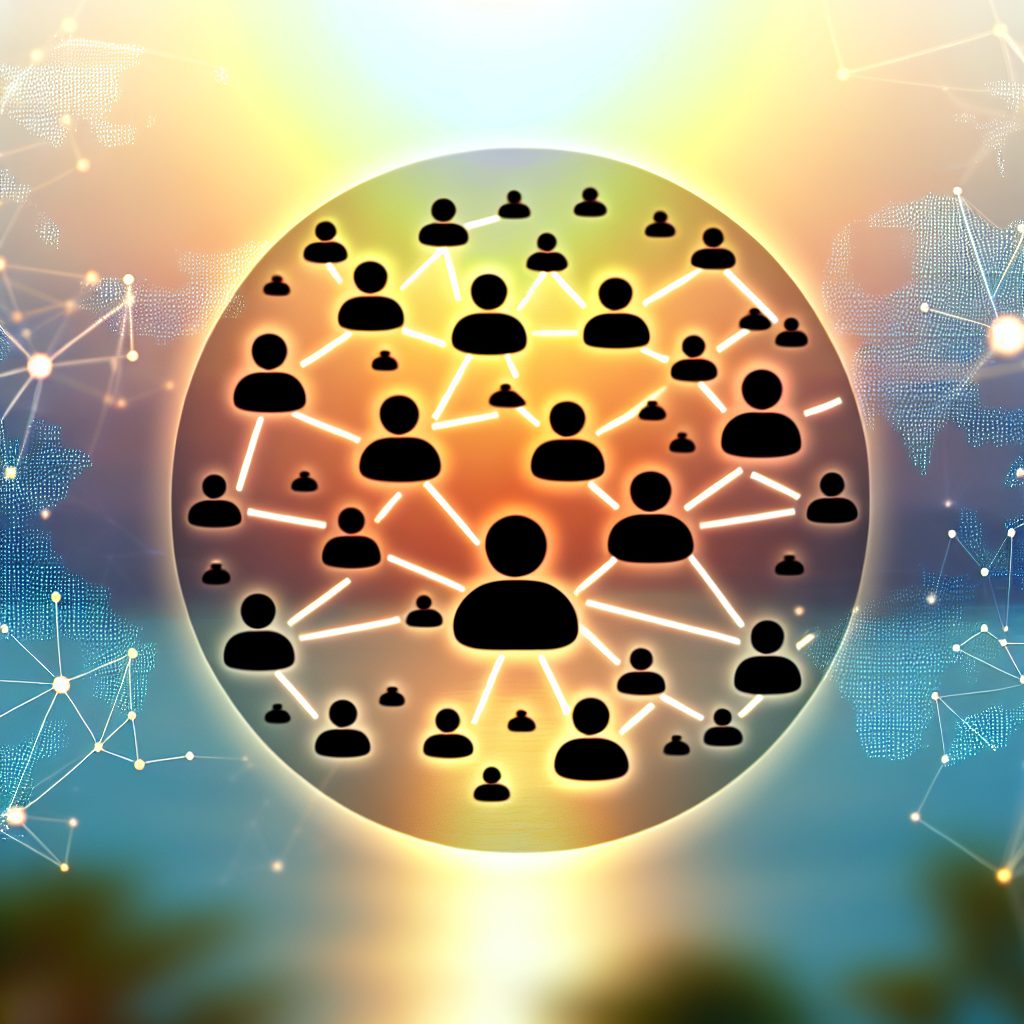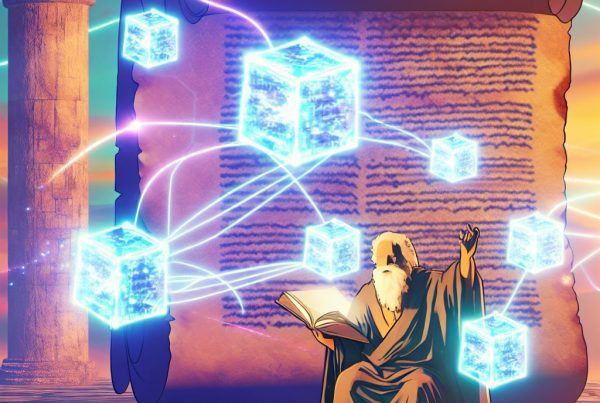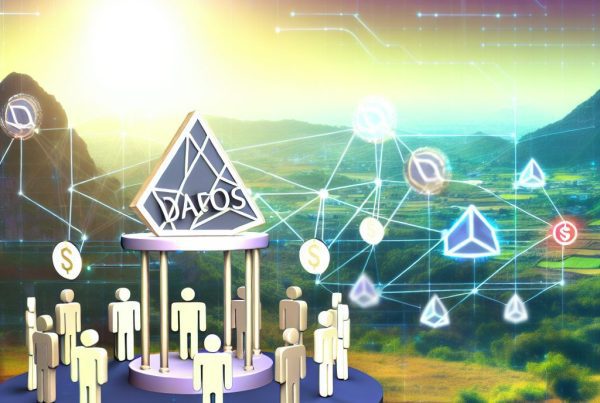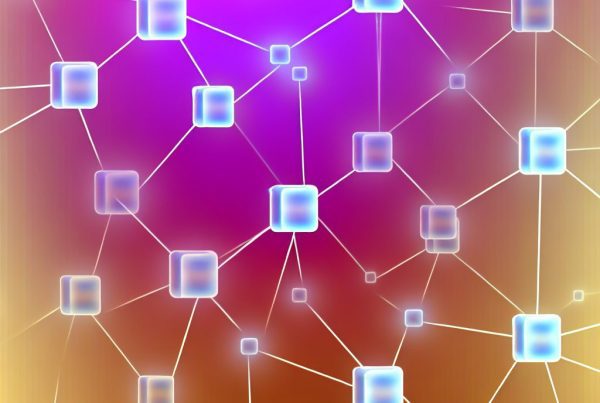What Is a DAO in Web3?
Decentralized Autonomous Organizations, or DAOs, represent a revolutionary shift in how organizations can operate in the digital age, particularly within the cryptocurrency and blockchain sectors. As the world moves towards a more decentralized model, understanding DAOs becomes crucial for anyone interested in the future of governance, finance, and community engagement in Web3.
Understanding DAOs
A Decentralized Autonomous Organization (DAO) is an entity that operates through smart contracts on a blockchain. Unlike traditional organizations, DAOs are not governed by a centralized authority. Instead, they rely on community consensus and automated processes to make decisions and manage resources.
DAOs leverage blockchain technology to ensure transparency, security, and immutability. This means that all transactions and decisions made within a DAO are recorded on the blockchain, making them accessible and verifiable by all members. The governance of a DAO is typically executed through a token-based voting system, where members hold tokens that represent their voting power.
The Structure of a DAO
The structure of a DAO can vary significantly depending on its purpose and the community it serves. However, most DAOs share common components:
- Smart Contracts: These are self-executing contracts with the terms of the agreement directly written into code. They automate processes and enforce rules without the need for intermediaries.
- Governance Tokens: Members of a DAO usually hold governance tokens that grant them voting rights. The more tokens a member holds, the greater their influence on decisions.
- Community Participation: DAOs thrive on active participation from their members. Proposals for changes or initiatives are often submitted by members and voted on by the community.
- Transparency: All transactions and decisions are recorded on the blockchain, ensuring that every member can verify actions taken by the organization.
How DAOs Operate
DAOs operate through a series of defined processes that allow members to propose, discuss, and vote on initiatives. Here’s a typical workflow:
- Proposal Submission: Any member can submit a proposal for a new initiative, change in governance, or allocation of funds.
- Discussion: Members discuss the proposal in forums or chat groups, allowing for feedback and modifications.
- Voting: After sufficient discussion, a vote is held. Members use their governance tokens to cast their votes.
- Execution: If the proposal passes, the smart contract automatically executes the decision, whether it’s funding a project or implementing a new policy.
Benefits of DAOs
DAOs offer several advantages over traditional organizational structures:

- Decentralization: Power is distributed among members, reducing the risk of corruption and mismanagement.
- Transparency: All actions are recorded on the blockchain, fostering trust among members.
- Global Participation: Anyone with an internet connection can join a DAO, allowing for diverse perspectives and ideas.
- Efficiency: Automated processes reduce the need for intermediaries, speeding up decision-making and execution.
Challenges Facing DAOs
Despite their many benefits, DAOs also face significant challenges:
- Legal Recognition: Many jurisdictions do not recognize DAOs as legal entities, complicating issues like liability and taxation.
- Security Risks: Smart contracts can be vulnerable to bugs and exploits, leading to potential loss of funds.
- Voter Apathy: Low participation rates in voting can lead to decisions being made by a small, active minority.
- Governance Issues: Achieving consensus can be difficult, especially in large DAOs with diverse member interests.
Real-World Applications of DAOs
DAOs have found applications across various sectors, demonstrating their versatility and potential impact:
1. Investment DAOs
Investment DAOs pool funds from members to invest in various projects or assets. A notable example is The DAO, which aimed to create a venture capital fund but faced challenges that led to its dissolution. However, the concept has evolved, with new investment DAOs emerging that focus on specific niches, such as NFTs or DeFi projects.
2. Charity DAOs
Charity DAOs allow members to collectively decide on charitable contributions. For instance, Giveth is a platform that enables users to donate to causes they care about while ensuring transparency in how funds are used.
3. Protocol DAOs
Many blockchain protocols operate as DAOs, allowing token holders to vote on protocol upgrades and changes. An example is Uniswap, a decentralized exchange that allows its community to govern its development through a governance token.
4. Social DAOs
Social DAOs focus on building communities around shared interests. For example, Friends With Benefits is a social DAO that combines community engagement with exclusive events and content for its members.
Statistics on DAOs
The growth of DAOs has been remarkable. According to recent data:
- As of 2025, there are over 4,000 DAOs operating globally.
- DAOs have collectively managed assets worth over $10 billion.
- Participation in DAO governance has increased, with an average voting rate of 30% among active members.
FAQs About DAOs
What is the main purpose of a DAO?
The main purpose of a DAO is to enable decentralized governance and decision-making among its members, allowing for collective management of resources and initiatives.
How do I join a DAO?
Joining a DAO typically involves acquiring its governance tokens, which can be purchased on various exchanges or earned through participation in the community.
Are DAOs legal?
The legal status of DAOs varies by jurisdiction. While some countries are beginning to recognize them as legal entities, others have yet to establish clear regulations.
What are governance tokens?
Governance tokens are digital assets that grant holders voting rights within a DAO. The more tokens a member holds, the greater their influence on decisions.
Can DAOs be hacked?
Yes, DAOs can be vulnerable to hacks, particularly if their smart contracts contain bugs or security flaws. It is crucial for DAOs to undergo thorough audits and implement security measures.
Conclusion
DAOs represent a significant evolution in organizational structure, offering a decentralized, transparent, and community-driven approach to governance. As the cryptocurrency industry continues to grow, understanding the role of DAOs will be essential for anyone looking to engage with Web3 technologies. From investment and charity to social engagement, the applications of DAOs are vast and varied, paving the way for innovative solutions to traditional challenges.
For the latest updates on cryptocurrency news and price tracking, visit Bitrabo. Stay connected with me on social media: X, Instagram, and Threads.
Disclaimer: This article is for informational purposes only and should not be considered financial advice. Always conduct your own research before making investment decisions.
The Crypto Watchlist of the Week 🔎
Subscribe to receive expert-curated projects with real potential—plus trends, risks, and insights that matter. Get handpicked crypto projects, deep analysis & market updates delivered to you.


